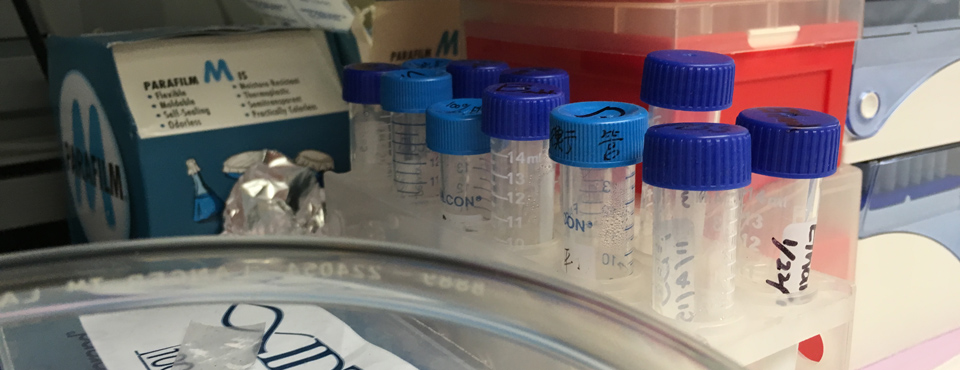The Role of Diagnostics in Ensuring Pet Well-Being
The Role of Diagnostics in Ensuring Pet Well-Being
Blog Article
When it comes to the health of your pets, routine health checkups is essential. Pet diagnostic labs provide crucial insights for our beloved pets.
Throughout this resource, we’ll learn about the importance of animal health testing and outline essential diagnostics.
What Are Veterinary Laboratories?
Veterinary testing centers analyze health indicators to guide treatment plans. These labs rely on specialized equipment to help vets identify problems quickly.

Key roles of veterinary labs include:
- Early detection of illnesses: Allows for faster treatment.
- Tracking chronic diseases: Keeps you informed about your pet’s progress.
- Testing the success of interventions: Improves treatment accuracy.
Common Veterinary Tests for Dogs and Cats
Animal diagnostic facilities offer a wide range of diagnostic options to detect specific issues. Common diagnostics include:
- Complete blood counts (CBC): Check for infections.
- Urinalysis: Detect urinary infections.
- Fecal tests: Check for dietary issues.
- Allergen identification: Pinpoint triggers.
- Radiographic testing: Examine bones and joints.
laboratorio veterinario 24 horas
The Benefits of Regular Veterinary Testing
Regular veterinary testing is a critical part of pet ownership. By identifying potential problems early, they stay happy and healthy.

Why these tests matter include:
- Improved longevity: Keeping them thriving helps pets stay by your side for years.
- Financial benefits of early detection: Avoiding invasive procedures saves on emergency care.
- Confidence in their well-being: Feel secure in their care plan.
Why Testing is Key for Dogs and Cats
Pet diagnostic labs provide vital support to vets in protecting your furry friend’s health. By making diagnostics a priority, you ensure they receive the care they need.
Schedule a diagnostic test today to keep your pets thriving!
Report this page